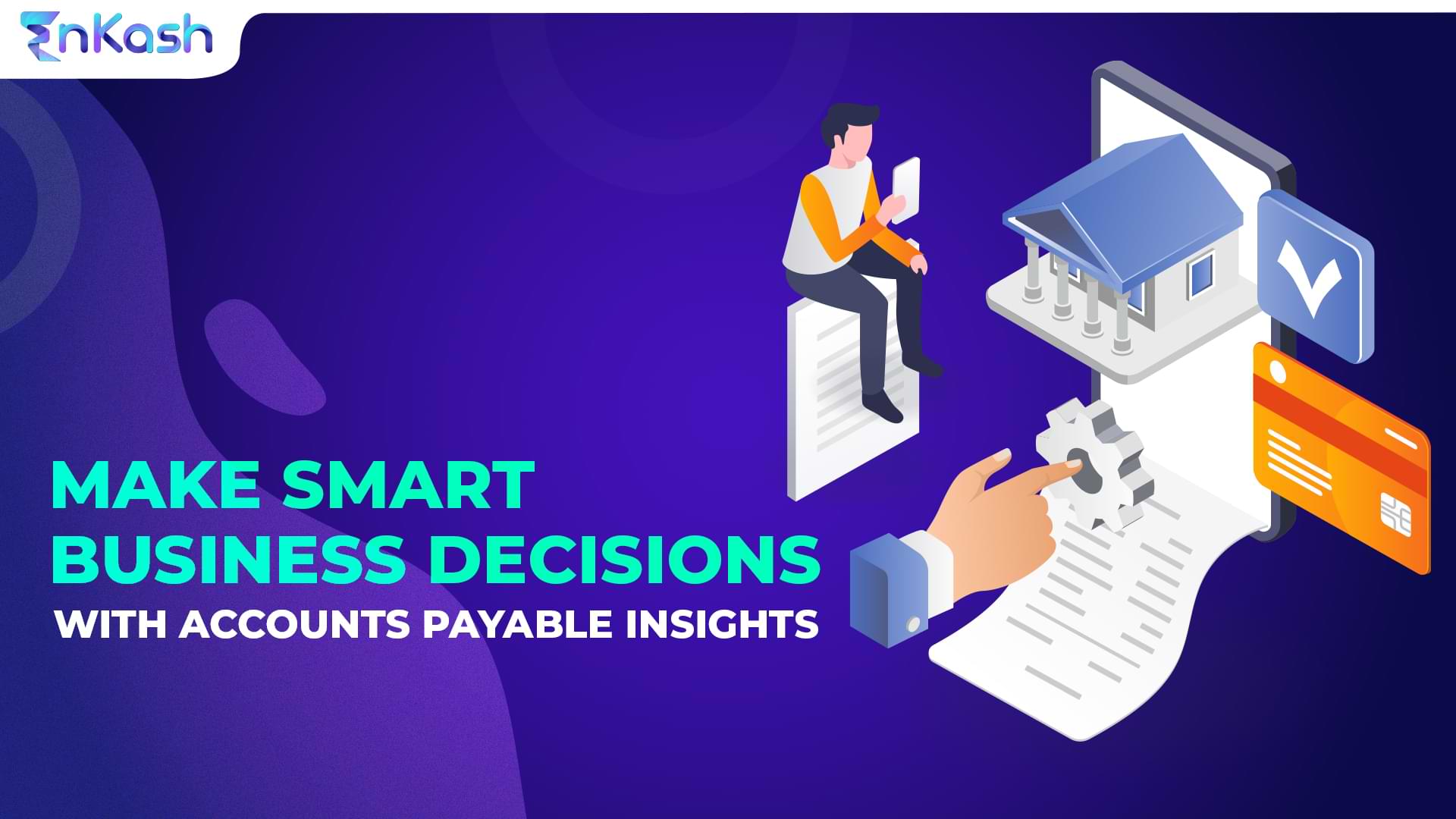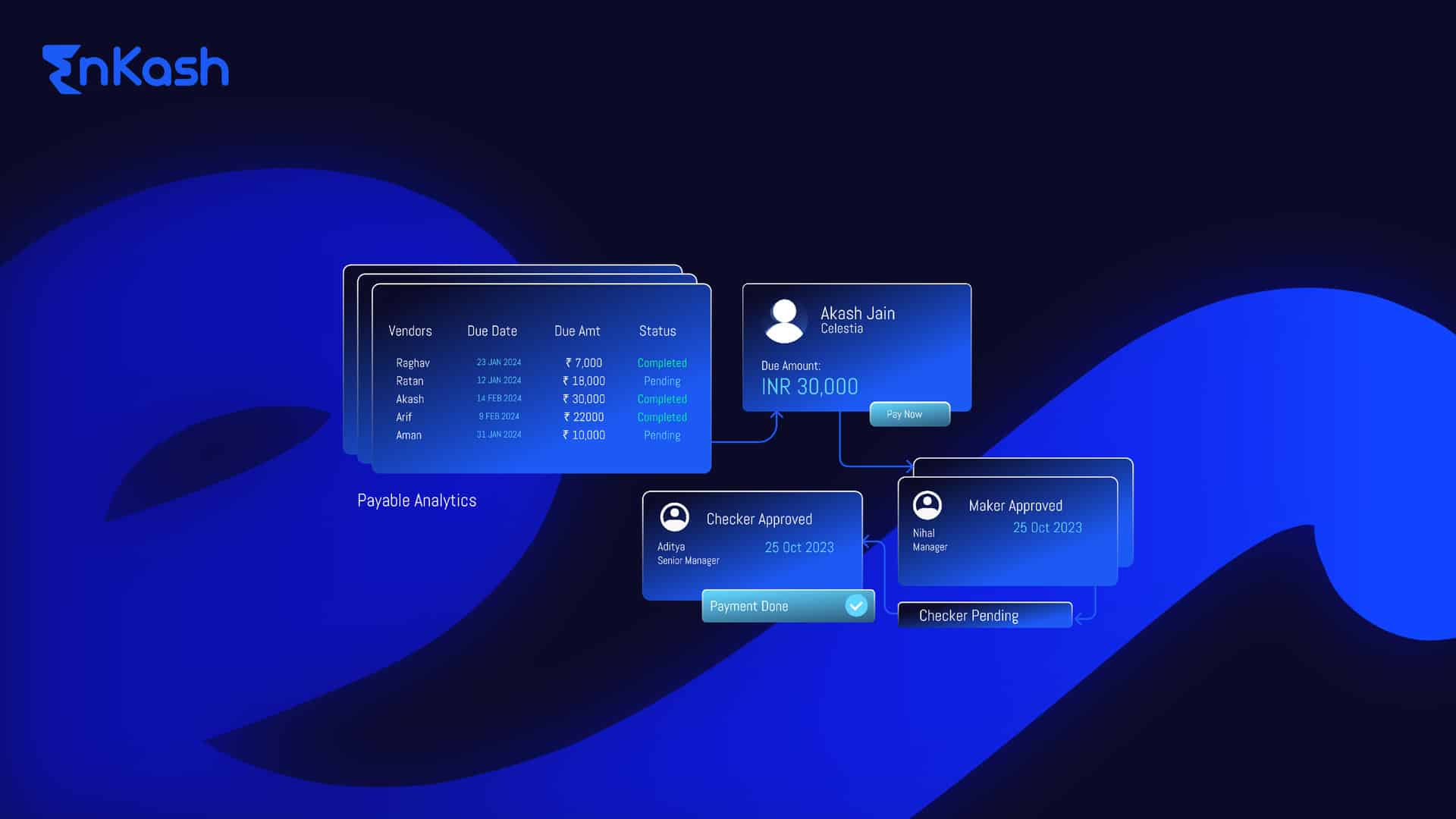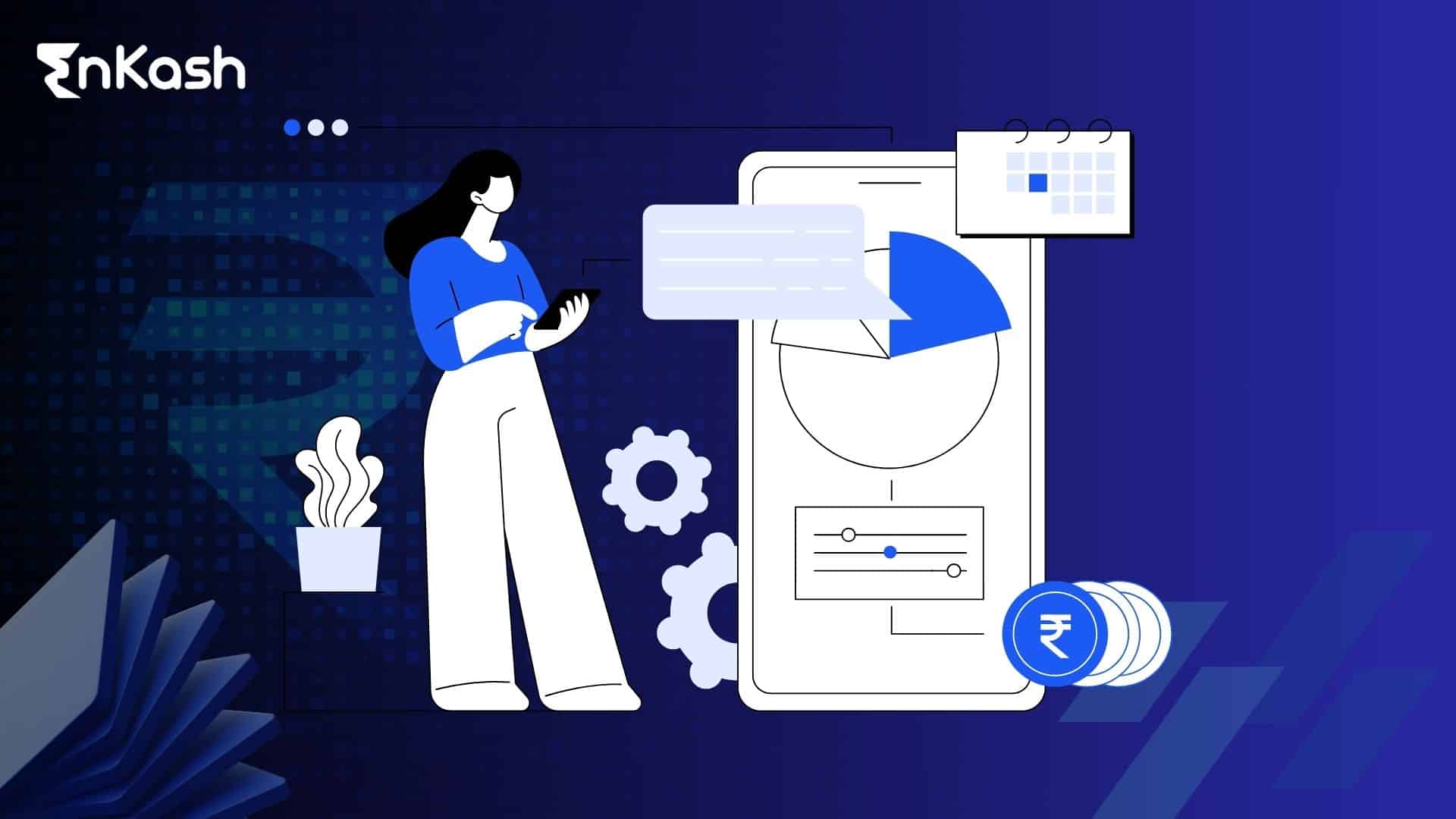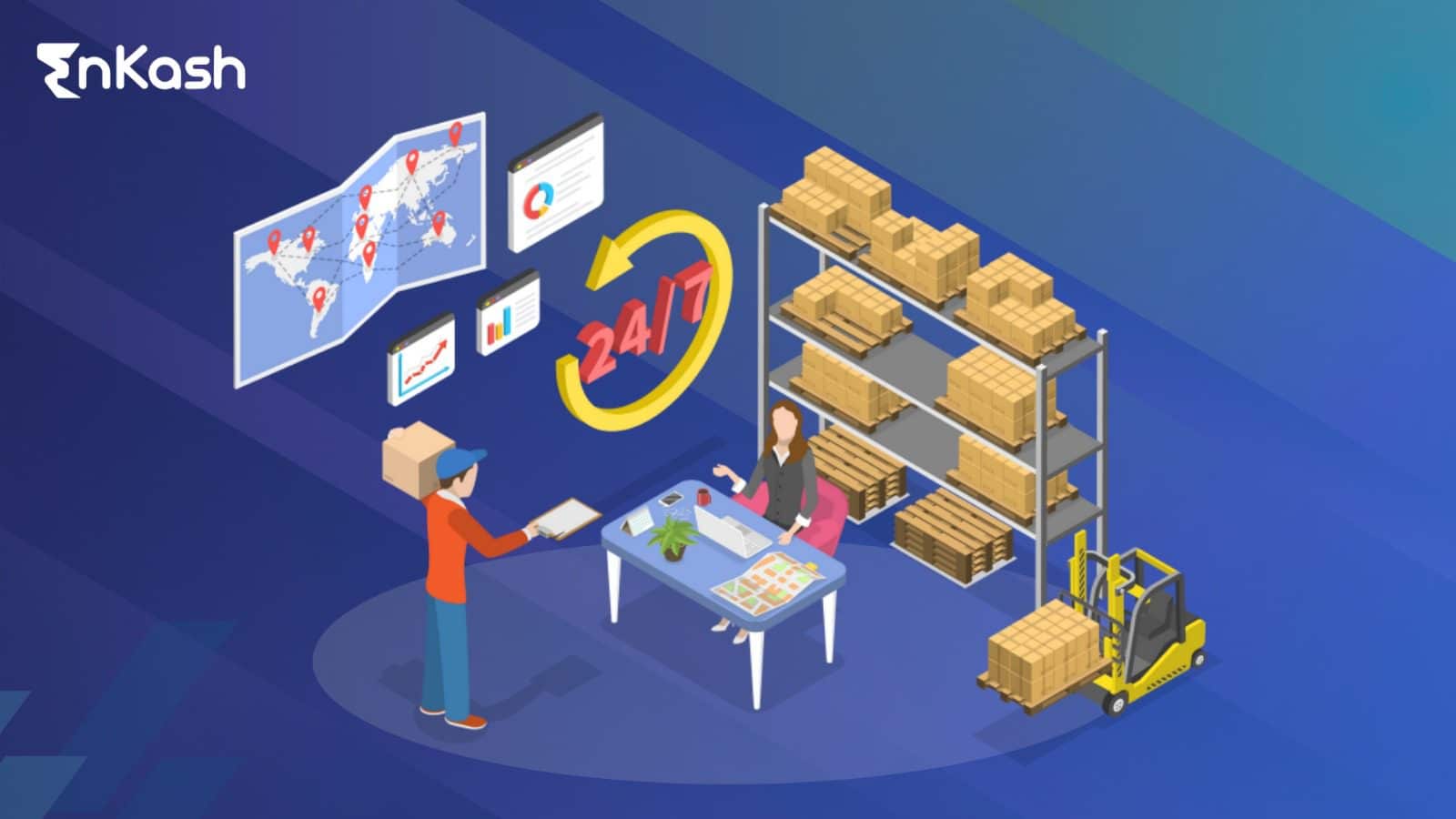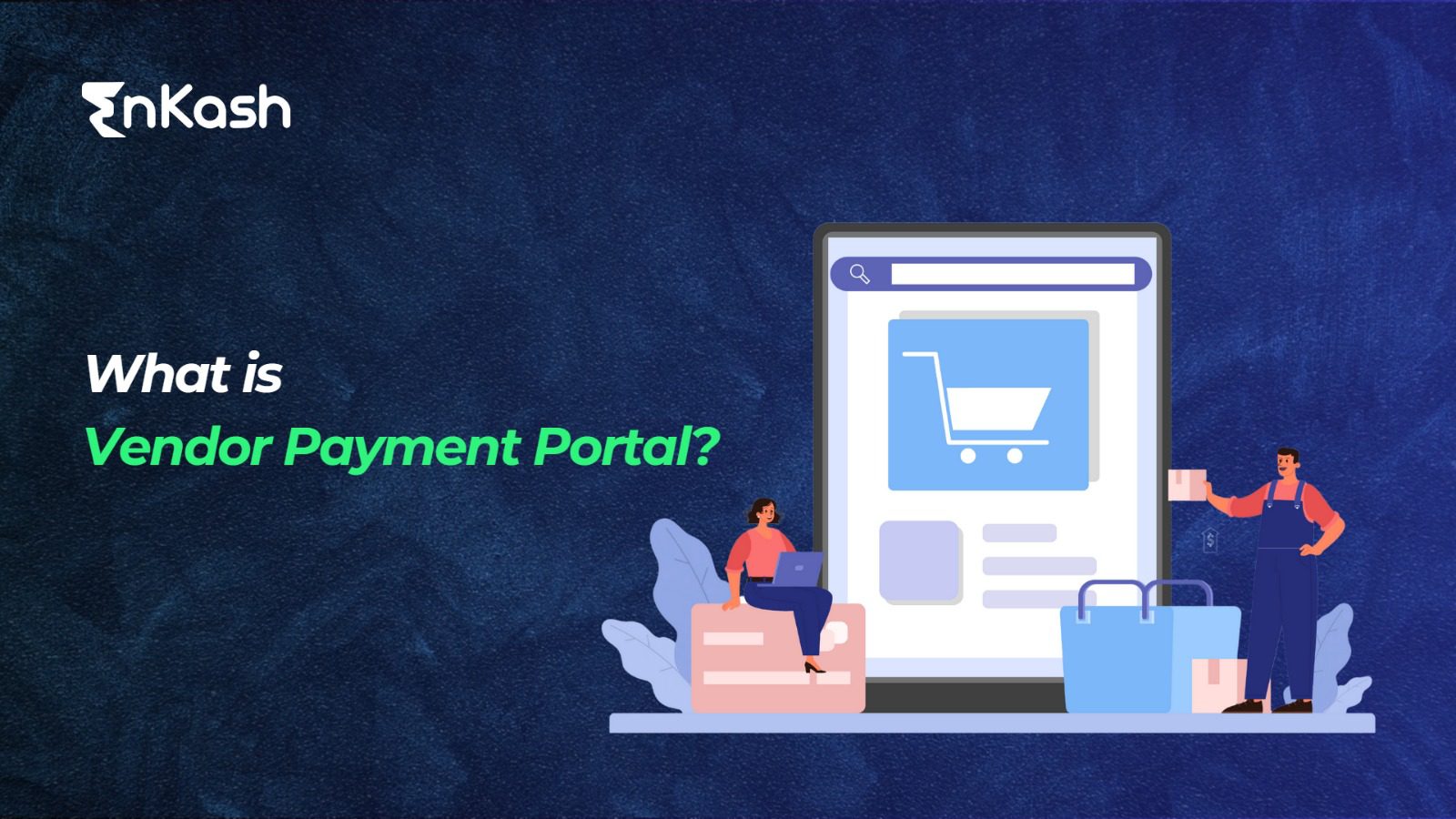If you ask a business leader what the main currency of their business is, the answer is most likely to be data. Yes, updated and accurate data is the currency that oils the business decision-making machine and keeps it running. Any smart business leader will vouch for the importance of updated data to make informed decisions.
While data comes from numerous sources, a business leader aims to focus on those aspects that affect customers, which is why finance data is vital. Finance, especially, cash flow-related data need to be updated, accurate, and action-oriented. Data related to cash flow can be related to accounts payable (payments to vendors and suppliers) and accounts receivable (collections from customers or buyers).
In this article, we will explore how accounts payable data can help with smart business decision-making.
What is accounts payable?
Accounts payable is the amount a business owes a supplier or vendor when they purchase goods or avail services on credit. In most cases, the credit period is short and the payments have to be made within the stipulated time to avoid penalties and ensure a continued supply of goods or services.
Depending on the nature of the purchase, the cycle continues as per the agreement’s terms and conditions.
Steps involved in accounts payable
Procurement stage data: This data is critical to ensure that the quality requirements of raw materials or services are detailed. Doing this ensures that the quality of output that your business provides to customers is maintained.
Request for quotes: Data from this stage is directly used in the costing of your products or services. In a competitive market, you must price your products or services right. The pricing should cover all the costs that you incur and have a profit margin but also be attractive enough for customers to continue buying from your business.
Vendor or supplier evaluation: The criteria you set for vendor or supplier evaluation is vital as it evaluate the vendor’s quality as well as the price. Many businesses also consider the reputation of the vendor and other factors like ESG to evaluate a vendor or supplier. Data from this stage helps you establish your business as a quality-conscious entity from every angle.
Negotiation and finalization: Data from this stage of the AP cycle establishes that you are a confident business that believes in getting the best at a reasonable price. Also, price negotiations are important to the cost of your products and services.
Contract-related information: You need to keep tabs on the contract and related information to ensure the continuity of your business. Contract information ensures that you renew the contract on time so that you can continue to provide quality services or products to your customers without interruption.
Delivery and invoice: The data at this stage helps you understand the quality, quantity, and timing aspects. This, in turn, helps you determine your ability to meet customer demands and business continuity.
Payment request and completion: The information at this stage is crucial to determine how much cash flow has to be arranged to meet payments. Paying vendors and suppliers on time helps you with continuity, negotiation power, and fund planning. Your team can negotiate terms to ensure that you get better rates, improved credit periods, and even add-ons if applicable.
As you can see, data from every stage of the accounts payable process can be leveraged to ensure the success of your business. Automation of this process along with real-time sync with your existing finance system will help you mine this data quickly and accurately.
At EnKash, we offer our customers fintech solutions that will enable them to optimize their financial processes. As Asia’s 1st and smartest spend management platform, EnKash helps you leverage technology to make smart, timely, and data-driven decisions.







